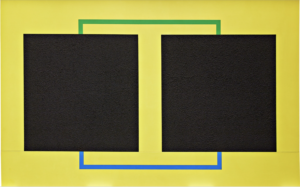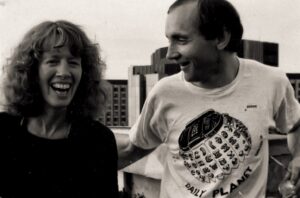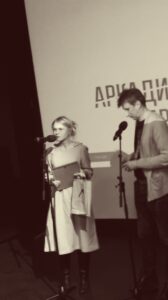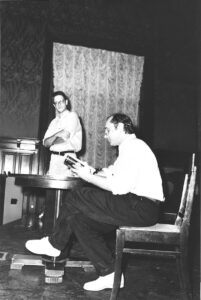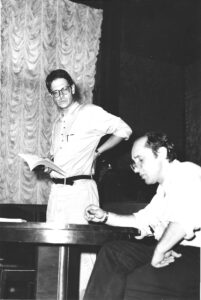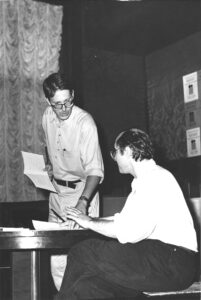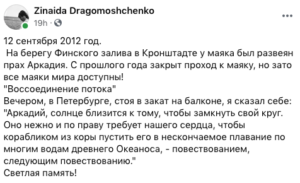“Conduit” (“Kanal svyazi”)
trans. Arkadii Dragomoshchenko and Vladimir Feshchenko
Vsealizm (Moscow), 11 February 2024
From Moscow, for the second week in a row, comes a new translation of my work into Russian—here, “Conduit” into “Kanal svyazi”—in preparation for a bilingual edition to appear, one hopes, later this year. This work, brought forward over decades and across continents, truly stands as a conduit in the distressed conditions of communication, between the “territories of the East” and the rest of the world assuredly, but more generally as “what we live.” As I wrote on receiving word of this wonder:
There was a line from a Poets Theater play, Third Man by Carla Harryman, early 80s, spoken by Eileen Corder: “Go ahead, Moscow—I’m listening!” That was transgressive in the Reagan Era; in the current moment, one listens carefully to say the least. And now this translation of my poem “Conduit” has appeared—it is all about receiving messages, and not letting them stand as commonplaces or placeholders but as samples of “systematic distortion.” It’s about the “systematic distortion” of communication as communication itself, which we experience every day.
